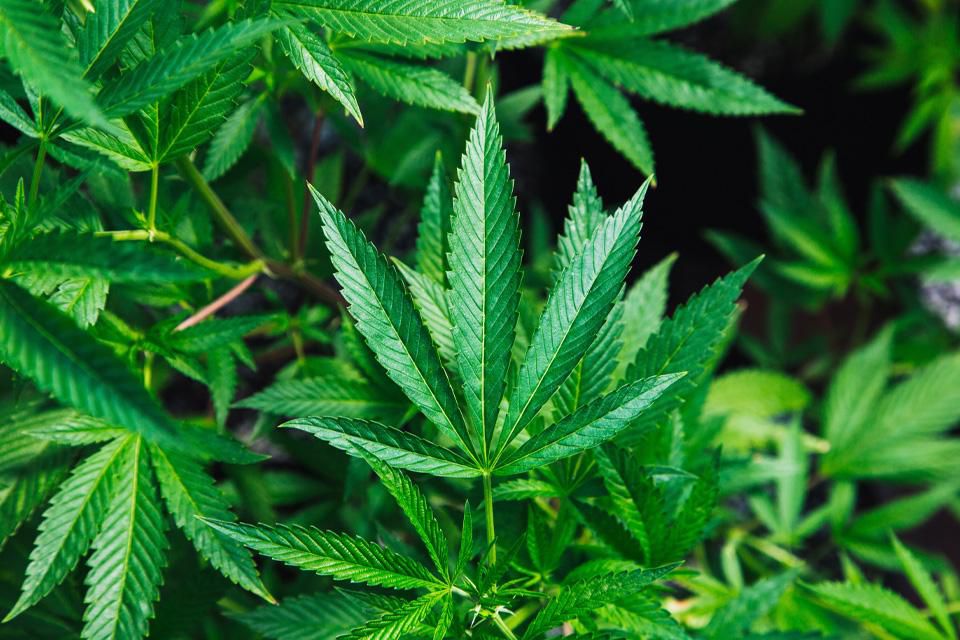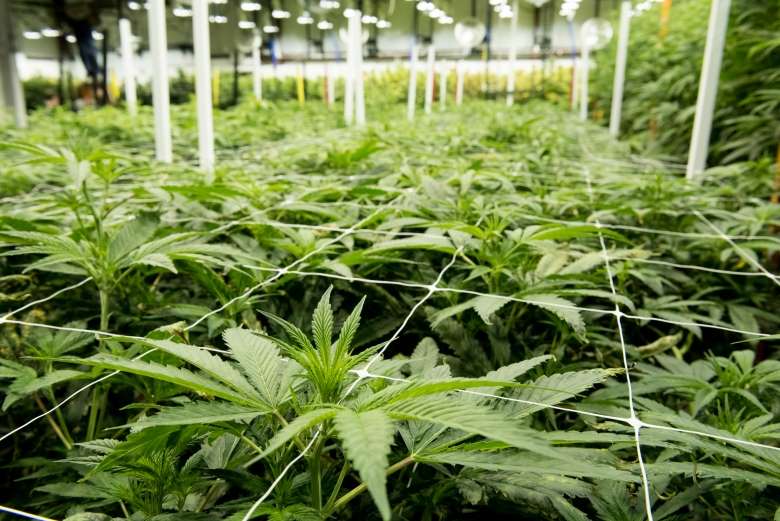Weed and wine can coexist, it seems. On July 12, the Wine & Spirits Wholesalers of America(WSWA) released a statement asserting their support for a state’s right to legalize cannabis. The trade organization, which represents the wholesale tier of the wine industry and provides members with representation before Congress and other regulatory bodies, urges the federal government to respect a state’s right to legalize marijuana and to create a path that leads to federal regulation similar to that of the alcohol industry.
The links between alcoholic beverages and marijuana are not new, with wine publications writing about cannabis sommeliers, experts offering suggestions for weed and wine pairings, and some wineries even producing legal “weed wine,” a product that infuses marijuana into alcohol-free wine. But WSWA is the first alcoholic beverage organization is the first to announce an explicit position surrounding the topic of marijuana legalization, a result of length discussion among its membership.
To be clear, WSWA is not advocating for the legalization of marijuana. The organization simply feels that the federal government should both respect states choosing to legalize marijuana and work with them to ensure that they have a proper regulatory structure, including minimum purchase ages, labeling requirements, and impaired driving standards. WSWA’s website also draws comparisons between Prohibition and the current state of marijuana policy, arguing that without a similar regulatory system, “the marijuana market could present the potential for illicit and unregulated activity akin to that which occurred with alcohol prior to and during Prohibition.”
But as more states choose to legalize recreational cannabis use, the effects of marijuana legalization on the alcohol industry are increasingly discussed, debated, and researched. Some wonder if legal cannabis could compete with wine, beer, and spirits, potentially taking away from alcohol sales as legal, recreational marijuana sales increase. Thus, it could seem counterproductive for an alcoholic beverage organization to make a positive statement about marijuana legalization.
Right now, there are mixed positions regarding the effect of cannabis legalization on alcohol sales. Some studies evidence a decided drop in alcohol sales in states that have legalized marijuana, while others show no significant effect. At this point, the WSWA feels that the idea that wine and spirits sales could suffer is not an immediate concern, but something to be aware of going forward. “The data is not conclusive, and the competitive aspect of cannabis was not the motivating factor in taking this position,” Dawson Hobbs, acting executive vice president of external affairs for WSWA, says.
Since the WSWA feels that state policies legalizing marijuana are here to stay and will likely only expand, Hobbs asserts that regulation is a must. He notes, “We feel that a proper regulatory structure should be applied to a substance that could have similar, potentially negative consequences to the consumer.” For instance, legalizing recreational marijuana sales without requiring labels detailing potency or health information could still put consumers at risk. On its website, WSWA offers to be a resource for states exploring a three-tier system of marijuana regulation, given its experience and expertise in alcohol regulatory structure.
Other wine organizations have also launched initiatives surrounding the relationship between the cannabis and wine industries, such as Wine Industry Network’s second annual Weed & Wine Symposium, set to take place on August 2. While the conference centers around the potential impact of legal, recreational cannabis use on the California wine industry, it also highlights opportunities for the weed and wine industries to collaborate and learn from one another.
Although the impact of legal, recreational cannabis use on alcohol sales remains uncertain, the WSWA’s decision to take a position on marijuana legalization ultimately has little to do with the trade. By supporting and encouraging regulation of intoxicants like cannabis and alcohol, the WSWA hopes to put the health and safety of the consumer first.
An experienced and multifaceted wine professional, I’ve worked as a sommelier in some of New York’s top restaurants, written for a myriad of publications, and consulted on various wine projects.
Credit: www.forbes.com













